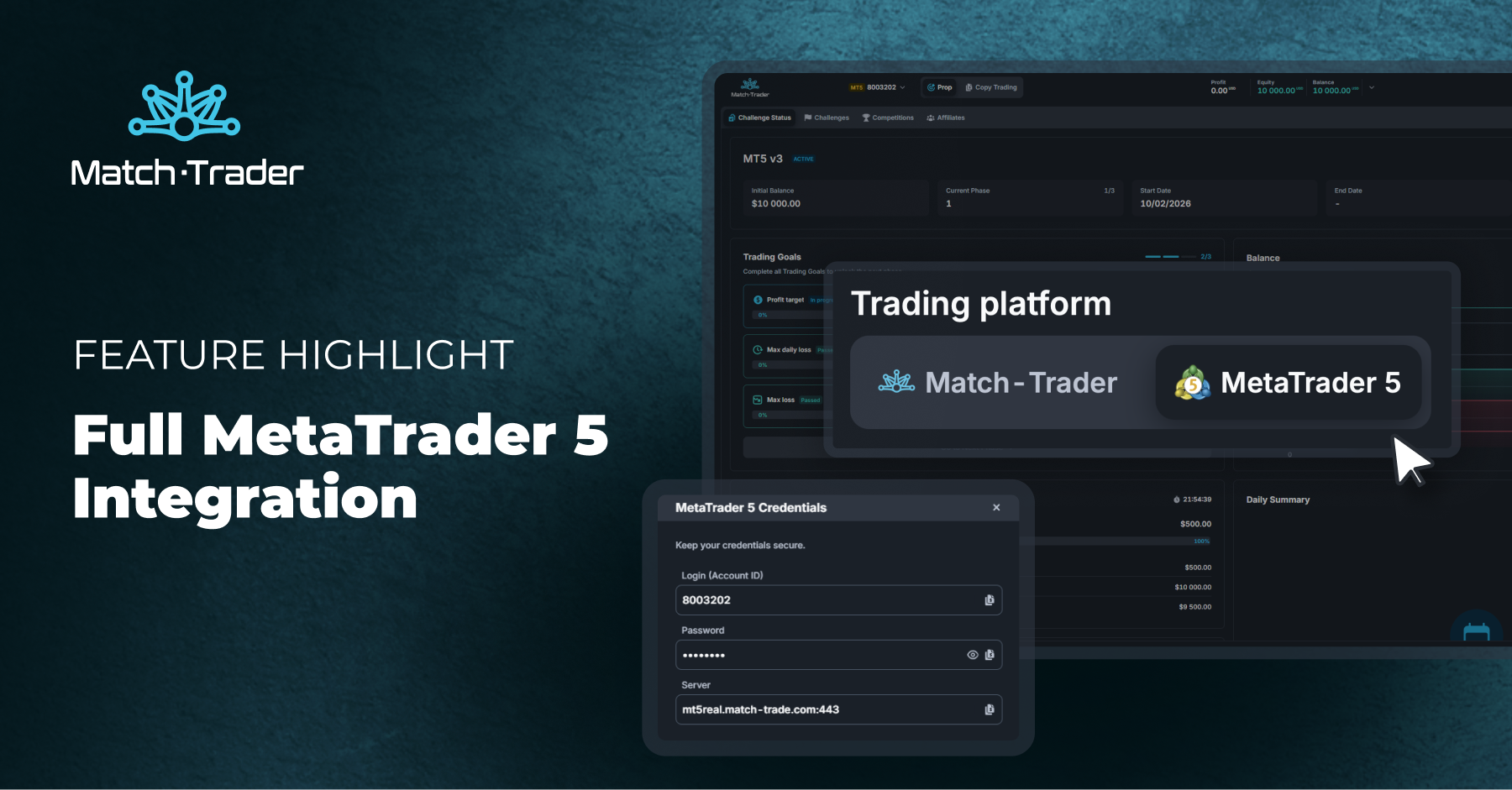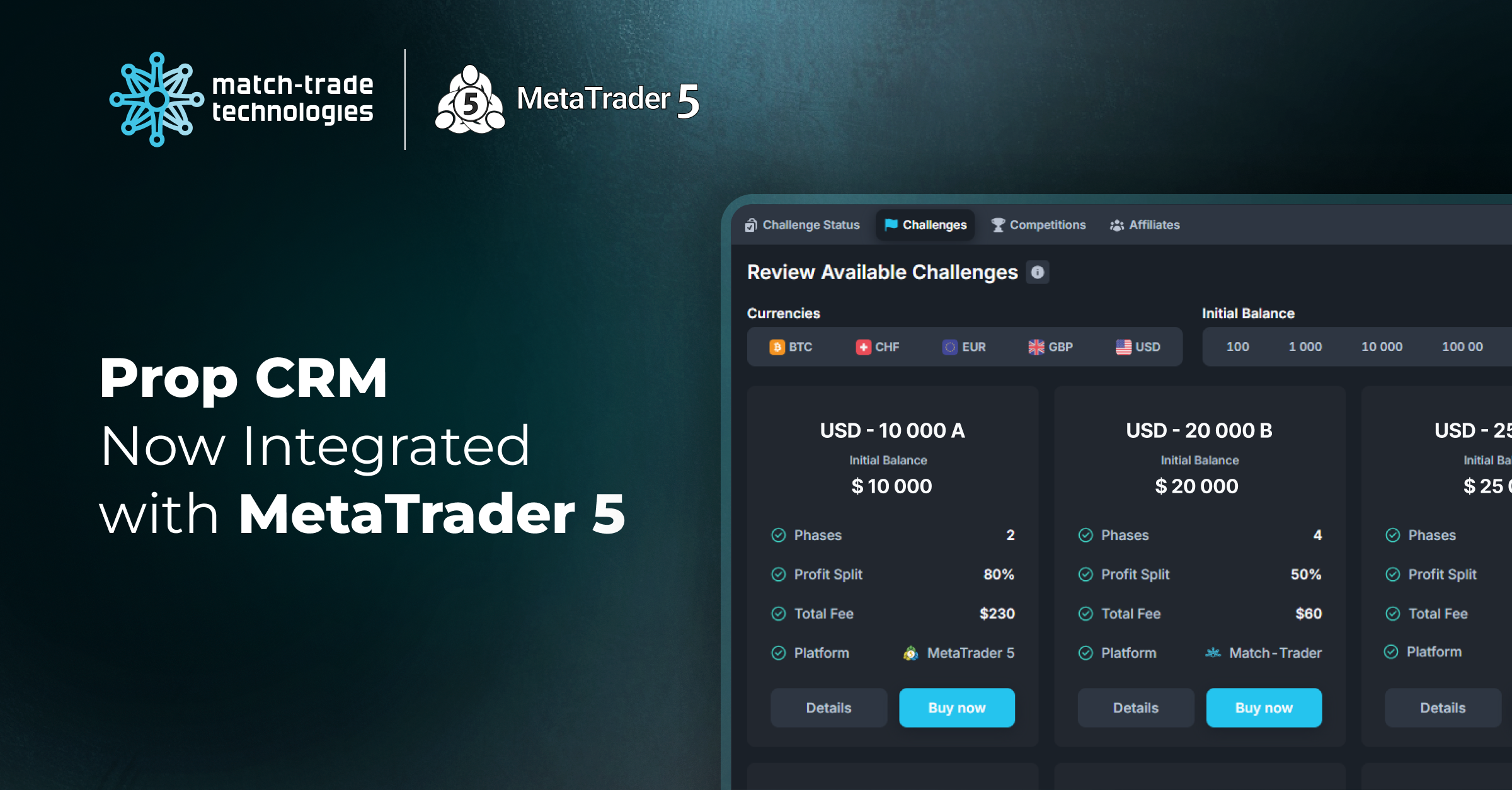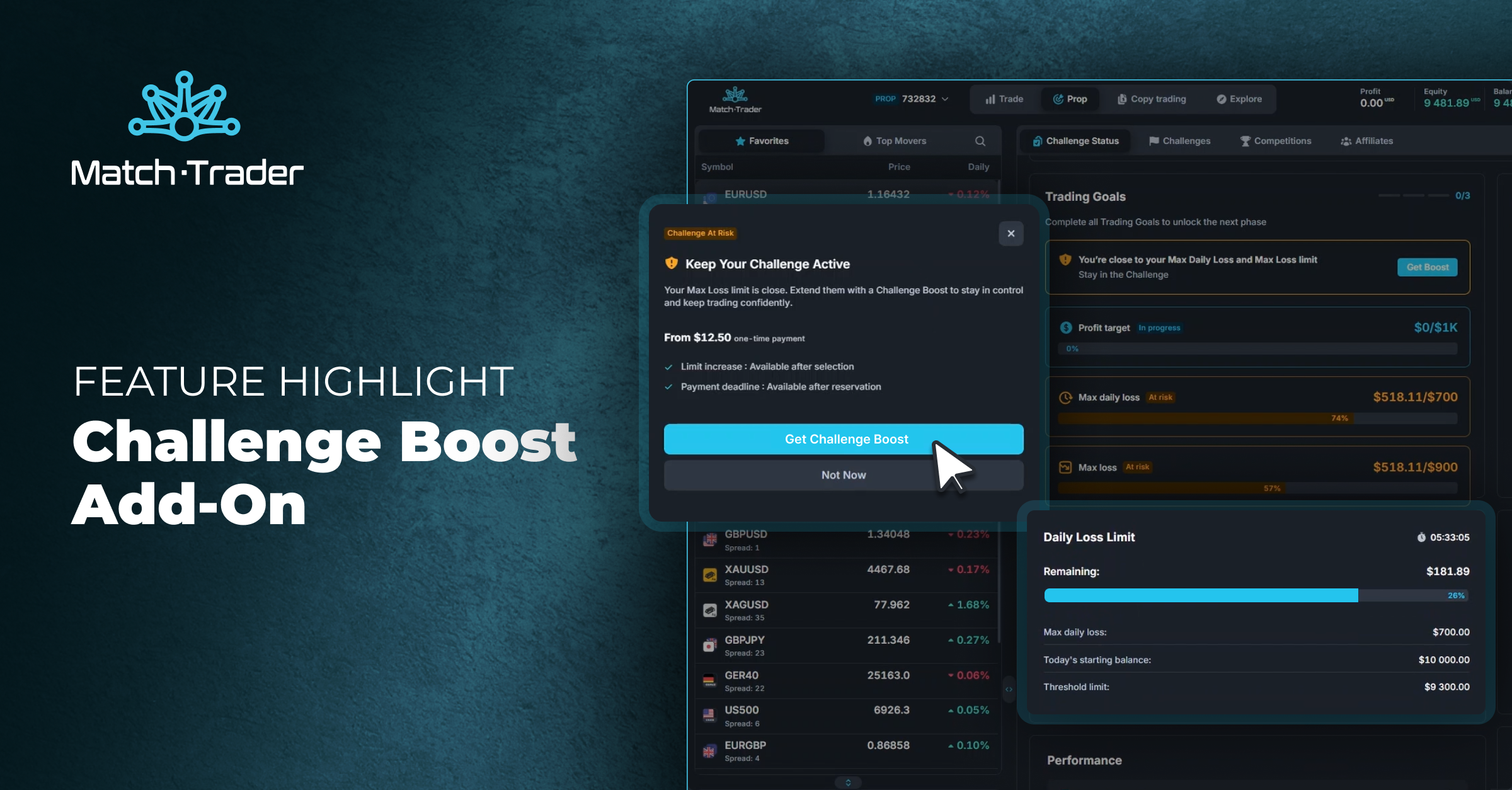The brokerage sector presents compelling opportunities for experienced traders and finance professionals to establish independent operations. While becoming a broker requires investment and regulatory compliance, the potential returns—both financial and strategic—make this a viable path for those with adequate preparation and industry expertise. Success depends on understanding the fundamental requirements and executing them properly from the outset.
What Is a Broker?
Brokers serve as the bridge between individual traders and the financial markets. These licensed intermediaries handle the execution of buy and sell orders across various asset classes, from foreign exchange and stocks to bonds and commodities. The arrangement benefits both parties through a straightforward fee structure. Brokers generate revenue through commissions and transaction fees, while traders gain market access they couldn’t obtain independently. For any serious trader, establishing a brokerage relationship isn’t optional—it’s the fundamental requirement for market participation.
How to Become a Broker
Building an effective brokerage requires careful attention to five critical components that will determine your operation’s viability and growth potential.
1. Trading Platform
The most important part of any successful brokerage operation is choosing the right trading platform. It has to strike a perfect balance, meeting the needs of traders and streamlining back-office management for brokers. Your platform should welcome newcomers with an intuitive interface while offering the advanced tools that experienced traders demand.
Checklist of features for traders:
- Intuitive and easy to install
- Web, mobile and desktop apps
- Real-time synchronisation of settings across all devices
- Variety of payment options
- Deposits and withdrawals straight from the platform
- Convenient sign-in via Google
- Live Chat for real-time communication
From the broker’s perspective, the platform should offer API integrations for useful tools and features—from CRM to web forms, MAM and IB systems or plugins. With today’s traders managing their trades ‘on the go’, a mobile version of the platform is a must. While DIY set-up is possible, finding a trusted technology provider can save significant time and resources, not to mention their expertise in optimising your entire tech infrastructure.
Checklist of features for brokers:
- All-in-one system
- Embedded mobile CRM with broker analytics
- Customisable to match your brand
- Optimised for user retention
- Back-office apps in an affordable package
- Built-in TradingView charts
2. Payment System
As a regulated broker, you’re unlikely to face any problems with bank and credit card transfers. However, the fees that you or your clients have to cover need careful consideration.
It gets tricky when you decide to run your business offshore. While European brokers often expand globally to offer higher leverage and flexibility, this comes with challenges. Banking relationships often become complex, and traditional payment methods face restrictions.
The solution lies in connecting your platform to payment aggregators to access multiple Payment Service Providers—the more you connect to, the better your chances of successful payment processing. This is the best way to solve the problem—if not the only way to handle payments after industry regulations are tightening.
Cryptocurrency payments have become a game changer. Today’s traders expect this option, and brokers who don’t offer it risk losing business. That’s why it’s worth looking for a fully automated digital currency payment gateway solution already integrated with the Client Office (CRM), as it is the most convenient and cost-effective.
3. Liquidity
When you want to open a brokerage firm, the first crucial decision centres on your liquidity model—specifically, how you’ll provide liquidity for transactions made by clients on your trading platform. You have two options: operating as an intermediary or acting as a counterparty to client trades.
- A-Book → STP/ECN: You make a deal with your Liquidity Provider and all of your clients’ transactions are mirrored in a single Hedge Account run by your LP. While this model offers lower risk and smaller profit margins—earning primarily through spreads and commissions—it’s ideal for start-up brokers entering the market.
- B-Book → Market Maker: You take the opposite side of client trades and assume all the risk, which means you need to cover all client withdrawals. This model is recommended for experienced industry professionals rather than novice brokers.
Consider exploring a hybrid approach that combines both execution models. However, given the complexity of these decisions, partnering with a trusted technology provider can prove invaluable. They’ll guide you through the set-up process and help design a model that aligns with your goals and risk tolerance.
4. Company Registration
A registered company is required for signing legal agreements with liquidity, technology and payment providers. Brokerages can operate under three regulatory frameworks—unregulated, semi-regulated and regulated—each with distinct licence costs and scope. Selecting the right jurisdiction means carefully weighing your capabilities against compliance demands. Many new brokers opt for offshore registration initially, as it offers the lowest barrier to entry with minimal formalities.
5. Online Presence
Regardless of where you start, you need to remember that you’ll only succeed if you build and maintain a solid client base. In today’s digital landscape, a brokerage website is a must-have. Once you create a branded page with clear information about your offering, contact forms, account registration and more, you then need to take care of marketing to attract clients. Even consistent, strategic social media engagement can boost your visibility and have a significant impact.
While starting a new brokerage business isn’t that difficult, sustained success requires proper preparation and industry knowledge. It’s best to partner with experienced professionals, as cost optimisation and the prevention of bad decisions will definitely pay off.



